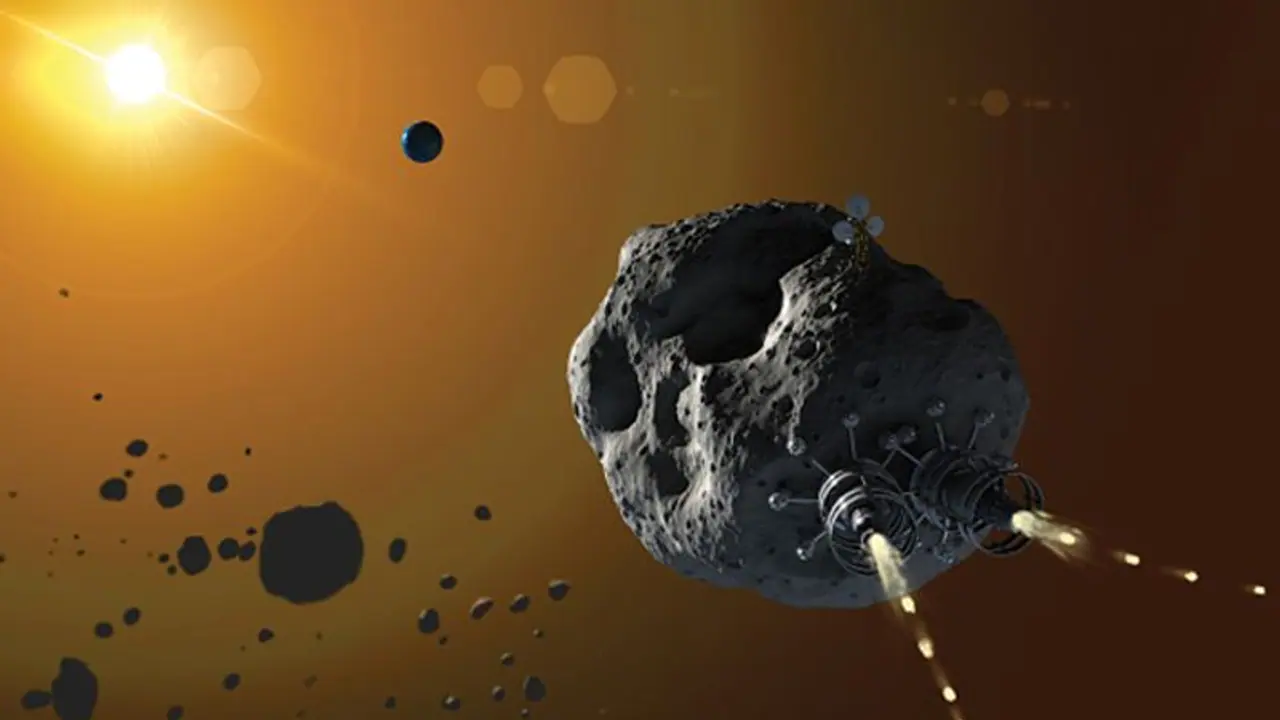The presence of debris and waste in space is a possible threat to future launches and space exploration. A large chunk of the debris comes as a result of anti-satellite (ASAT) weapons tests by various countries.
There is a significant amount of garbage and debris floating in space as a result of space missions, damaged satellites, rockets, and weapon testing. NASA's Orbital Debris Quarterly News found that China, the United States, and Russia produced the majority of the space debris. While contributing 7,032 pieces of debris, the United States and China added 5216 and 3854 respectively. Future launches and space research may be threatened by the existence of debris and garbage in orbit. The testing of anti-satellite (ASAT) missiles by several countries is responsible for a sizable portion of the debris. There have been at least 16 ASAT weapons tests that produce debris, according to a Secure World Foundation assessment.

In the 1950s, the US developed the ASAT test for the first time. Since then, the nation has conducted three ASAT debris-creating experiments, with the most recent one being in 2008. According to Statista, China may have launched the most harmful ASAT in 2007, blowing up one of its own satellites and scattering 3,000 pieces of debris into orbit. Russia used an ASAT missile in November of this year to destroy one of its outdated satellites. There were hundreds of bits of debris left over after the procedure.
Also Read | Saudi Arabia aims to launch its 1st woman to space as soon as 2023
Numerous space missions are planned to remove the debris. They do note a number of technological, geopolitical, and economic difficulties. The process of creating trucks for cleaning trash is time-consuming and expensive. It's likely that the mission will fail and leave behind even more trash.
But the Organisation for Economic Co-operation and Development (OECD) scientists go on to say that the debris may also include private information about the objects of which it was a part. Intellectual property, international politics, and national security may all be involved. Therefore, it is likely that the governments would only be concerned with cleaning up the satellite debris.
Also Read | NASA, Google collaborate to allow users to track air pollution at local level
Currently, two such missions to remove debris are scheduled to launch in the next years. This comprises the Japanese Commercial Removal of Debris Demonstration (CRD2) project and the Clearspace-1 mission of the European Space Agency. With the launching of spacecraft by private parties in the upcoming years, the issue of trash in space is anticipated to worsen.
Also Read | James Webb telescope captures 'incredible' photos of Jupiter; Check out
